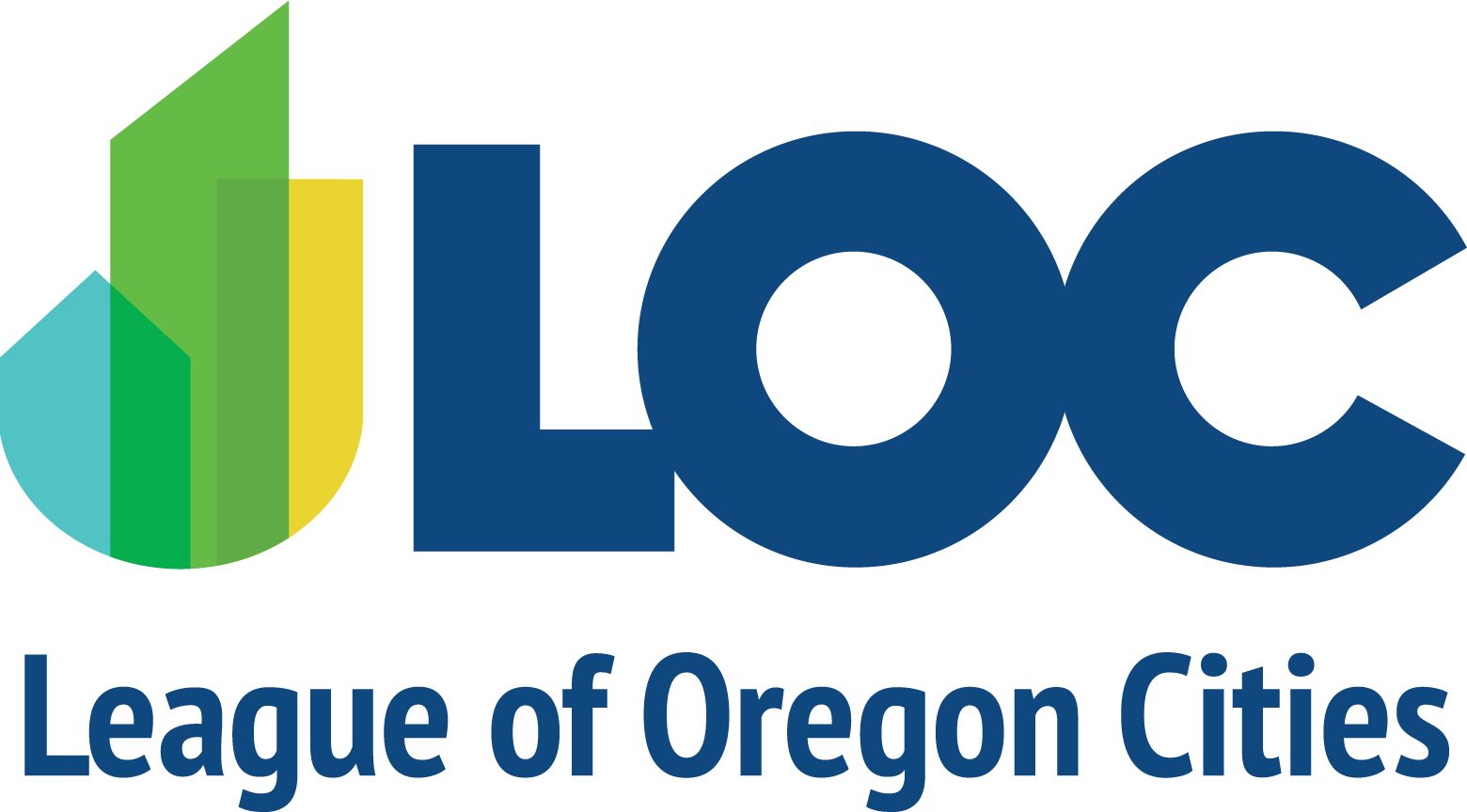Lodging Tax
Transient lodging taxes (TLTs) are taxes for temporary lodging at hotels, motels, campgrounds, and other temporary lodgings. Oregon has a statewide TLT and cities and counties can also charge a local TLT subject to certain limitations. The state regulations governing lodging taxes in Oregon can be found in ORS 320.300 to 320.350. A brief summary of state and local lodging taxes follows.
Oregon first began imposing a state lodging tax in 2003. Significant changes to the state tax followed in 2005 (provider coverage expansion via HB 2197), 2013 (expansion to cover persons that facilitate the sale of transient lodging, including online companies via HB 2656), and 2016 (state tax increase from 1 percent to 1.8 percent and state tax distribution changes via HB 4146).
The bill establishing the state lodging tax – HB 2267 – also placed restrictions on local lodging taxes, which are still in place today. These restrictions include:
For new or increased local lodging taxes:
- 70% must be used for tourism promotion or tourism-related facilities
- 30% is unrestricted in use
For existing local lodging taxes:
- Maintain the percentage of existing lodging tax used for tourism promotion and tourism facilities
- The recipients of the tax may change, but the percentage used for tourism purposes cannot
Commonly Asked Questions
Q: What is the tax rate?
A: 1.8% state tax; local government tax rate varies as local governments set the rate for their jurisdiction by ordinance. Specifically, cities and counties may impose taxes on transient lodging but not all do. Alternatively, some cities have an agreement for the county to impose the tax and cities share in a percent of the revenue.
Q: Is it possible to raise the tax rate?
A: Yes, the tax rate ordinance/charter for the city would need to be changed. You should consult with your city attorney about any restrictions that might apply to how any increase in the tax can be spent. A legislative increase of the state tax requires a 3/5 vote of the legislature.
Q: What specific activities are allowed to be supported by the tax?
A: It varies. July 2003 is a key date as the state statutes significantly restrict the use of lodging tax revenues that are newly imposed after that date (both increases and taxes for local governments that had no tax are restricted). The restrictions are tourism related. This is an issue you should consult with your city attorney. The restrictions are detailed in ORS 320.350. **Caution: Many cities pass on transient lodging tax revenues to third parties, such as a chamber of commerce or an event organizer. Cities should carefully restrict use of such revenues by such organizations and/or require reporting to ensure they are complying with the state statutes that restrict the use of transient tax revenues.
Related Laws and Regulations
Resources from Other Sites
- State of Oregon Lodging Tax Program
- Albany - Transient Room Tax
- Ashland - Transient Occupancy Tax
- Baker City - Transient Room Tax
- Cannon Beach - Lodging Tax
- Central Point - Lodging Tax
- Fairview - Hotel and Motel Tax
- Hermiston - Transient Room Tax
- Medford - Municipal Code
- Portland - Transient Lodgings Tax
- Springfield - Transient Room Tax
- Yachats - Occupancy Tax
- Transient Lodging Tax Report - Oregon Tourism Commission (2018)
- Transient Lodging Tax Revenues Data - LOC Data
Related Assets
- Legal Guide to Collecting Transient Lodging Tax in Oregon (2019)
- Model TLT Multiple Locations Form (Excel)
- ECONorthwest Local Transient Lodging Tax report (2008)
- Lodging Tax Presentation - Oregon Mayors Association Conference, July 2018
- Ask LOC - What Should Our City Consider When Updating Our TLT Ordinances? (Aug. 2016)
